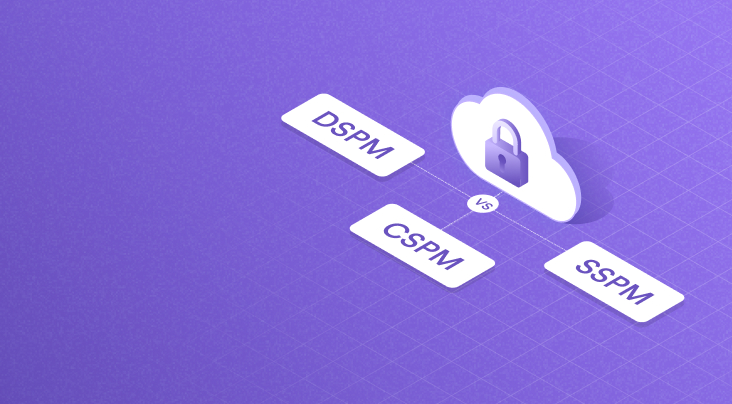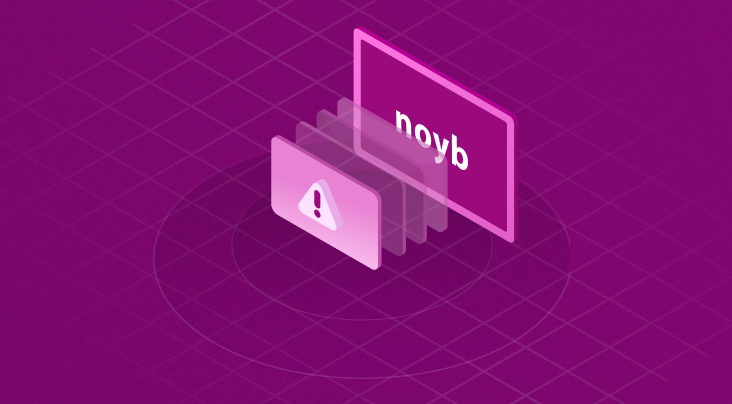The Health Insurance Portability and Accounting Act (HIPAA) is a healthcare-related regulation in the US. Before HIPAA, there were no central standards, mechanisms, or requirements that afforded patients’ healthcare information appropriate protection. With the advent of the digital age, it became increasingly important to place obligations upon organizations that were collecting users’ electronic protected health information (ePHI) to take steps to ensure the confidentiality of this data.
The HIPAA Security Rule is one of several rules of the broader HIPAA regulation designed to ensure that covered entities undertake all the necessary steps and safeguards to protect patients’ ePHI. The Rule covers health plans, clearinghouses, and any healthcare provider that transmits users’ ePHI.
A thorough understanding of the HIPAA Security Rule is critical for any organization that deals with ePHI as it not only mandates the protection of sensitive patient information but also elaborates on the steps an organization is expected to take in adhering to its legal obligations.
Who is Covered by the Security Rule?
The Security Rule applies to health plans, healthcare clearinghouses, and any healthcare provider who transmits health information in electronic form in connection with a transaction for which the Secretary of HHS has adopted standards under HIPAA (the "covered entities") and to their business associates.
The Security Rule protects a subset of information covered by the Privacy Rule, which is all individually identifiable health information a covered entity creates, receives, maintains, or transmits in electronic form. This type of information is referred to as "electronic protected health information" (e-PHI). However, the Security Rule does not apply to PHI transmitted orally or in writing.
Why Is the HIPAA Security Rule Important?
The HIPAA Security Rule plays a vital role in ensuring the confidentiality, integrity, and privacy of all users’ ePHI. It takes on an elevated importance in a dynamic digital era where cyber threats are continuously evolving. Its primary importance for organizations as well as the users can be summarized as follows:
By far, the most critical aspect of the HIPAA Security Rule is its requirement that organizations have appropriate safeguards and measures in place to prevent unauthorized access and data breaches. ePHI is highly sensitive data containing information about users’ medical history, diagnoses, and treatments.
Unauthorized access to such data can lead to discrimination, embarrassment, and financial losses for users, while for organizations, it can permanently tarnish customer trust and confidence.
Ensuring Compliance & Trust
For an organization, compliance with the HIPAA Security Rule should be a way to do more than achieve compliance with the legal requirements. It fosters a relationship of trust between them and their users while demonstrating their commitment to protecting patient privacy.
This is a considerably crucial factor to consider since it involves highly sensitive information on users. An organization that can confidently claim to be compliant with the HIPAA Security Rule requirements will see a similar degree of confidence in its users. Alternatively, non-compliance will lead to penalties, with the consequences leading to losses of both a financial and reputational nature.
Adoption of Technological Measures
A useful benefit of compliance with the HIPAA Security Rule is that it encourages and mandates the adoption of several safeguards. The appropriate adoption of these safeguards can only be achieved by leveraging the most updated technological tools available. Thus, the organization can improve patient care and operational efficiency without having to compromise on the security of its ePHI.
Not only does this allow an organization to maintain lockstep with the evolution of healthcare in the digital age, but it does so in a compliant manner.
Standards of the HIPAA Security Rule
The HIPAA Security Rule requires a combination of safeguards to ensure all ePHI is appropriately protected at all times. These not only ensure the confidentiality, integrity, and security of the ePHI but also help organizations comply with their obligations per the Security Rule.
1. Risk Analysis and Management
The Security Rule requires the covered entities to perform risk analysis as part of their security management processes, which includes, but is not limited to, the following activities:
- Evaluation of the likelihood and impact of potential risks to e-PHI;
- Implementation of appropriate security measures to address the risks identified in the risk analysis;
- Documentation of the chosen security measures and, where required, the rationale for adopting those measures; and
- Maintaining continuous, reasonable, and appropriate security protections.
Through an ongoing risk analysis process, the covered entities must regularly review their records to track access to e-PHI and detect security incidents, periodically evaluate the effectiveness of security measures put in place, and regularly reevaluate potential risks to e-PHI.
2. Administrative Safeguards
The Administrative Safeguards are a set of various policies and procedures that ensure an organization has the capability and mechanisms available to accurately assess the risks posed to the ePHI they collect on their users. These include:
- A covered entity must designate a security official who is responsible for developing and implementing its security policies and procedures.
- Consistent with the minimum necessary principle, a covered entity must implement policies and procedures for authorizing access to e-PHI only when such access is appropriate based on the user or recipient's role.
- A covered entity must provide for appropriate authorization and supervision of workforce members who work with ePHI. A covered entity must train all workforce members regarding its security policies and procedures and must have and apply appropriate sanctions against workforce members who violate its policies and procedures.
- A covered entity must perform a periodic assessment of how well its security policies and procedures meet the requirements of the Security Rule.
3. Physical Safeguards
The Physical Safeguards refer to the in-house and on-premises steps an organization is expected to take to ensure any ePHI it may have on its physical resources is appropriately protected. These can include:
- Strictly monitoring and reviewing physical access to locations and facilities where ePHI is stored, with appropriate security measures in place to review anyone attempting to enter such locations;
- Devising and implementing individual workstation and device security measures to prevent any insider threats or unintended mistakes that lead to unauthorized access to ePHI;
- Appropriately manage and discard any physical resources that store and contain any ePHI.
4. Technical Safeguards
Technical Safeguards refer to an organization’s ability to appropriately deploy and manage technologies, hardware, and software to protect the ePHI and access permissions adequately. The only requirement is that once ePHI leaves an organization's internal firewalled servers, it must be encrypted to National Institute of Standards and Technology (NIST) standards, whether at rest or in transit. This is done to ensure that any compromise of private patient information renders the information useless. The technical safeguards under the Security Rule may include:
- Policies to control access to ePHI.
- Implement hardware, software, and/or procedural mechanisms to record and examine access and other activity in information systems that contain or use ePHI.
- Implement policies and procedures to ensure that ePHI is not improperly altered or destroyed. Electronic measures must be put in place to confirm that e-PHI has not been improperly altered or destroyed.
- Implement technical security measures that guard against unauthorized access to ePHI that is being transmitted over an electronic network.
How Does Securiti Help?
The HIPAA Security Rule places several responsibilities upon organizations. These responsibilities require organizations to implement, adapt, and practice several security measures and safeguards to ensure users’ ePHI is appropriately protected. However, these requirements can often be highly complicated. Hence, they require a solution that is both effective and efficient in delivering results.
Securiti is the pioneer of the Data Command Center, a centralized platform that enables the safe use of data and GenAI. It provides unified data intelligence, controls, and orchestration across hybrid multicloud environments. Large global enterprises rely on Securiti's Data Command Center for data security, privacy, governance, and compliance.
With the Data Command Center, you get access to critical modules and solutions that empower your organization to comply with the relevant obligations mandated by the HIPAA Security Rule.
Request a demo today and learn more about how Securiti can help your organization achieve HIPAA compliance.
People Also Ask
Here are some other frequently asked questions you may have:













